Between 24th-27th June 2024, the Bureau of Integrated Rural Development, Kwame Nkrumah University of Science and Technology held enumerator training workshop for 85 Enumerators to support with data collection for the baseline evaluation research for the Grain Grading and Certification Project (GGCP). The project is being implemented by researchers from African Development Bank, Abidjan, Cote D’Ivoire (AfDB) and the School of Agriculture, University of Ghana with funding from the Korea-Africa Economic Cooperation Fund (KOAFEC).
The Grain Grading and Certification (GGC) Project is a three-year research and outreach initiative in Ghana, which is aimed at exploring the potentials of leveraging proper grading and certification of grains in sub-Saharan African countries to promote investments in grain quality enhancement to increase consumption of safe and healthy food locally, and open opportunities for grain exports into global markets. GGC project seeks to investigate whether there is a business case for independent third-party provision of grain grading and certification.
Welcoming the participants, the Director at BIRD, Dr (Mrs.) Monica Addison, emphasized the importance of gathering precise data from the field and assured the client and all the participants of her support to ensure a successful data collection exercise. She stressed that:
I expect you to have it at the back of your mind that BIRD delivers only quality work. You need to ensure that whatever data you are going to collect is accurate. Without your help, we cannot do this alone as we all depend on one another
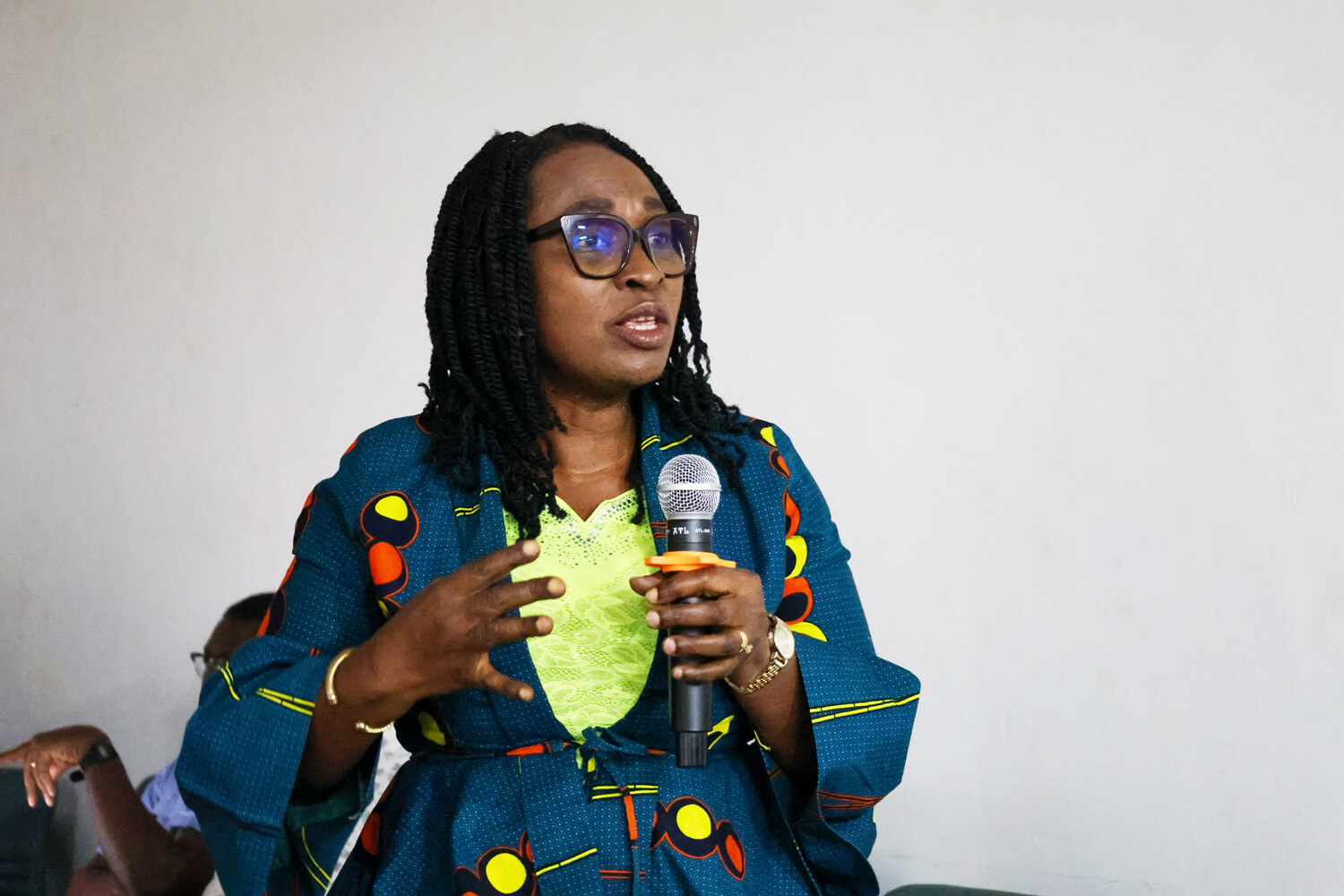
Dr. Francis Kemeze, a principal research economist at the African Development Bank noted that farmers rarely recognize the visible quality of their grains. He stressed that farmers and consumers usually find it difficult to ascertain the invisible quality of grain such as aflatoxin levels without undergoing specific scientific testing.
Farmers are aware of the observable quality of their grains but the unobservable quality like the aflatoxin which are very important for the farmer and consumer cannot be revealed unless they go through specific scientific testing.
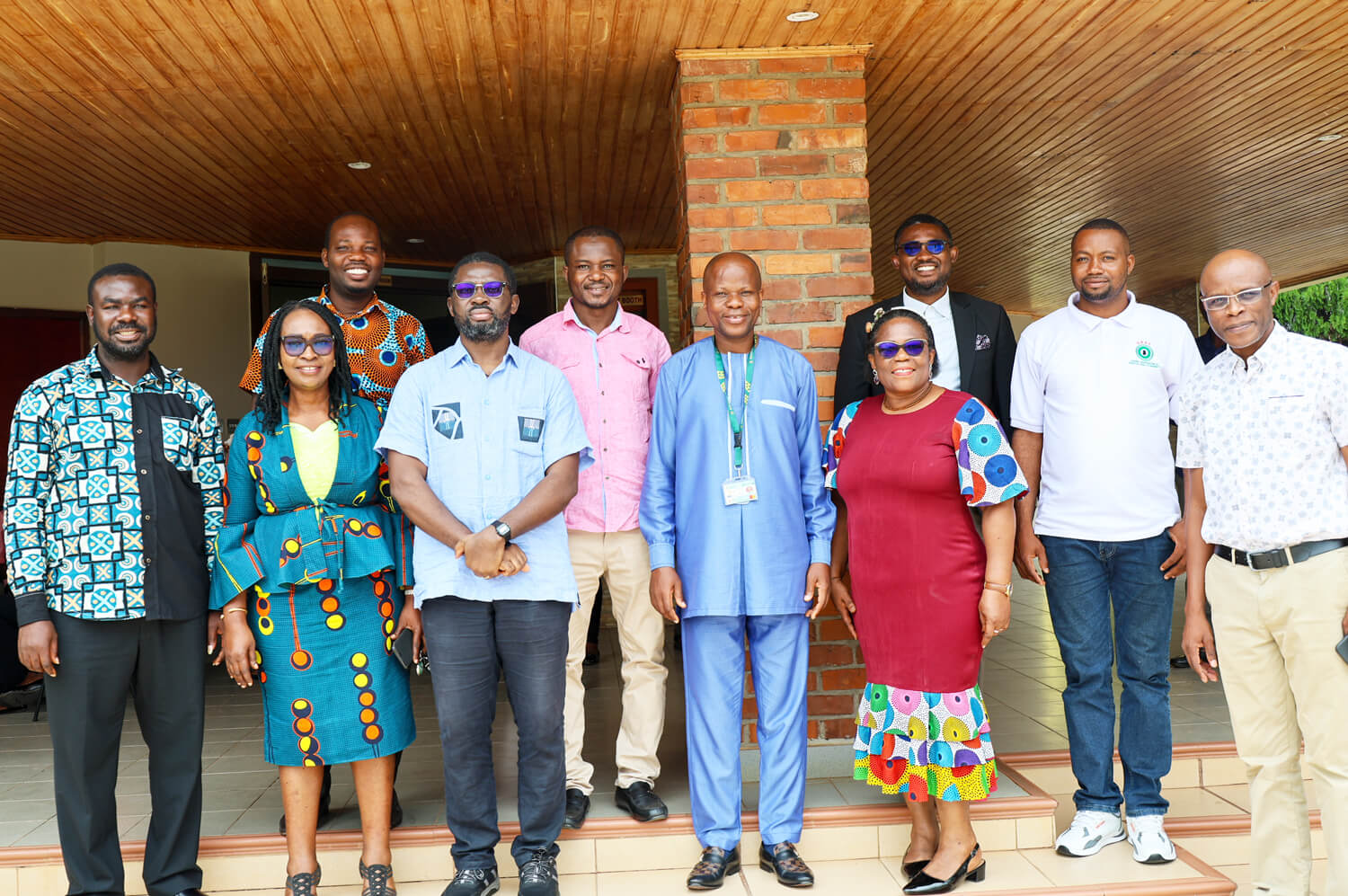
Therefore, the study is expected to provide a testing lab, as well as facilitate access to technology to help mitigate aflatoxin concentration. The expected outcome is to enable farmers certify their maize and get a higher price for their produce from buyers who are looking for quality products.
The enumerators were taken through the principles of conducting research, roles and responsibilities of enumerators, interviewing skills, community and household entry, administering survey questionnaire and data quality protocols, among other things.

The baseline research will gather data on household characteristics, crop production, marketing, credit system, agricultural technologies, and food security status from 3500 farmers distributed across 2,244 communities in five regions of Ghana namely Ashanti, Central, Bono, Eastern and Bono East Regions.
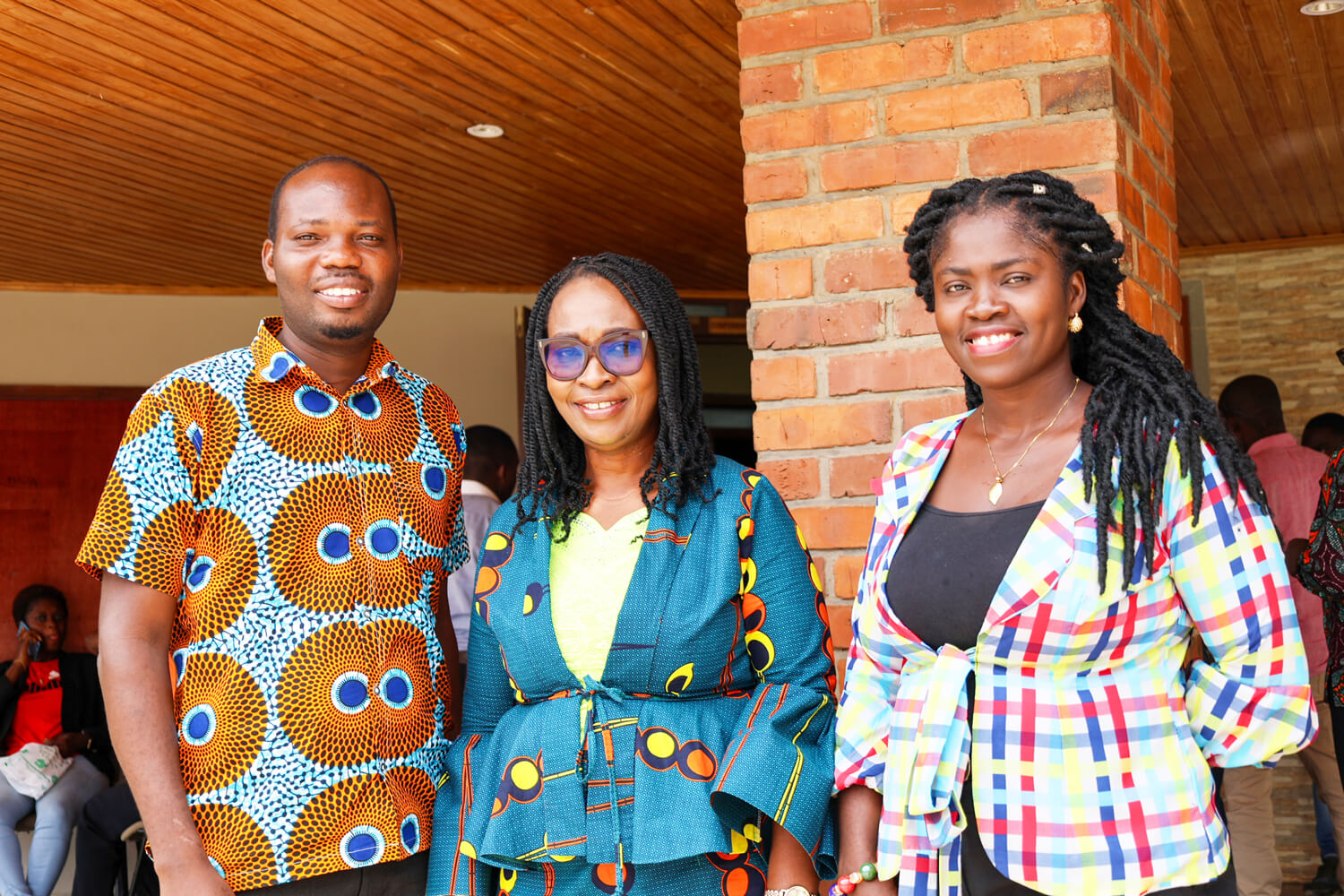
The anticipated results of the GGC project include: (i) empowering smallholders in market negotiations, allowing them to receive a premium price for higher quality grain; and (ii) encouraging uptake of technologies that increase production and resilience of grain suitable for high-value processing and exportation.

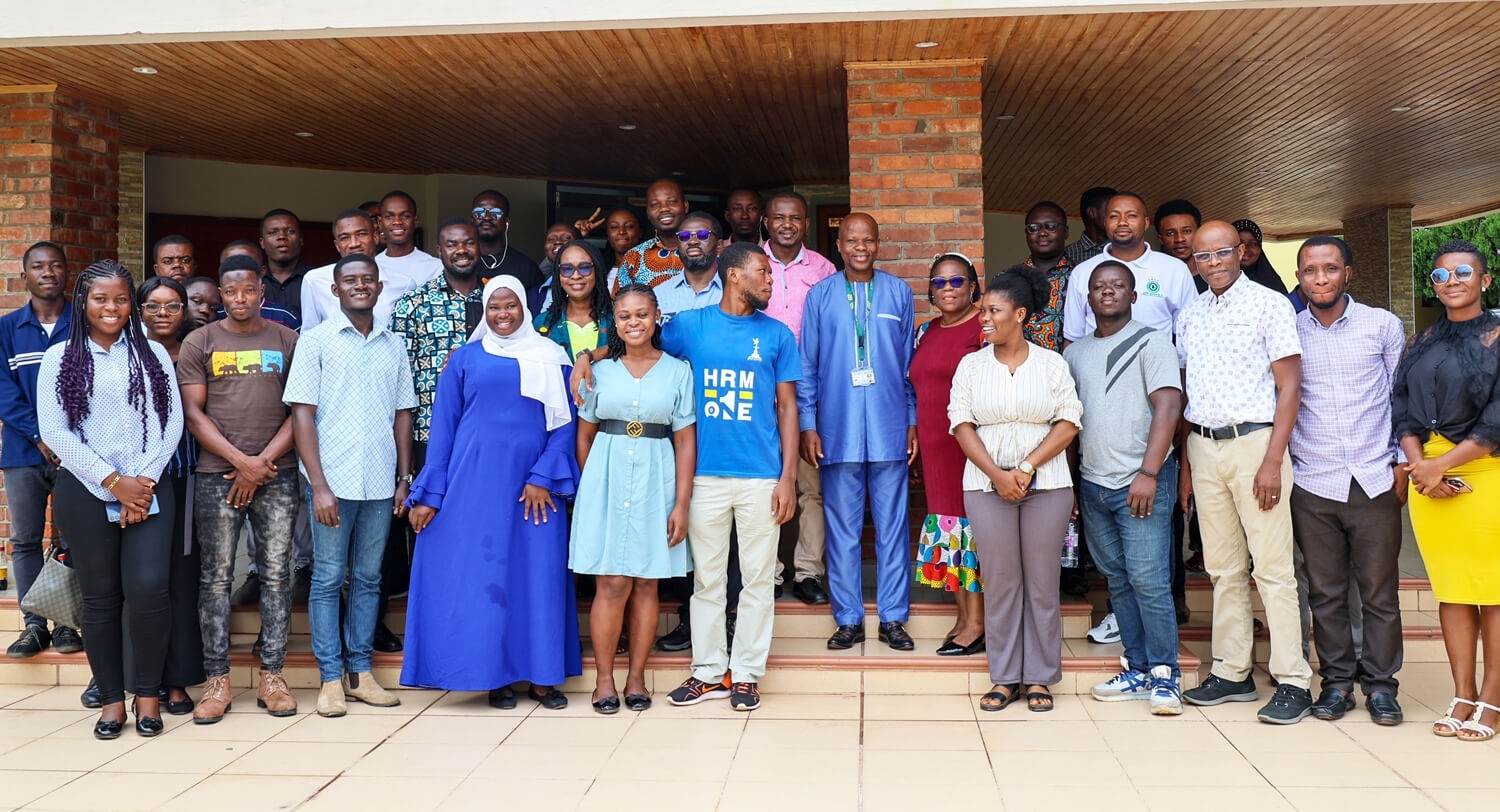
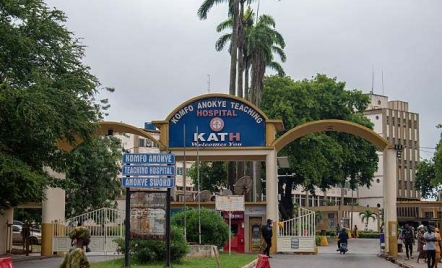
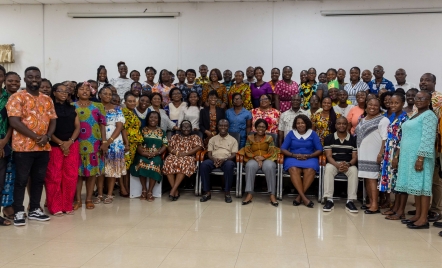
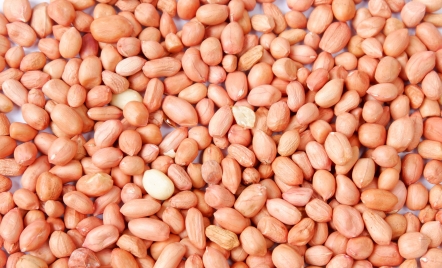
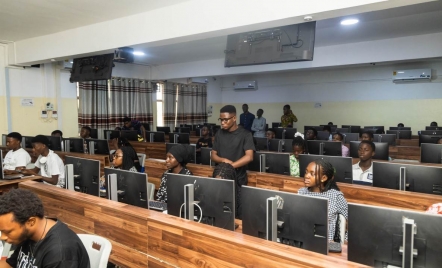
Comments